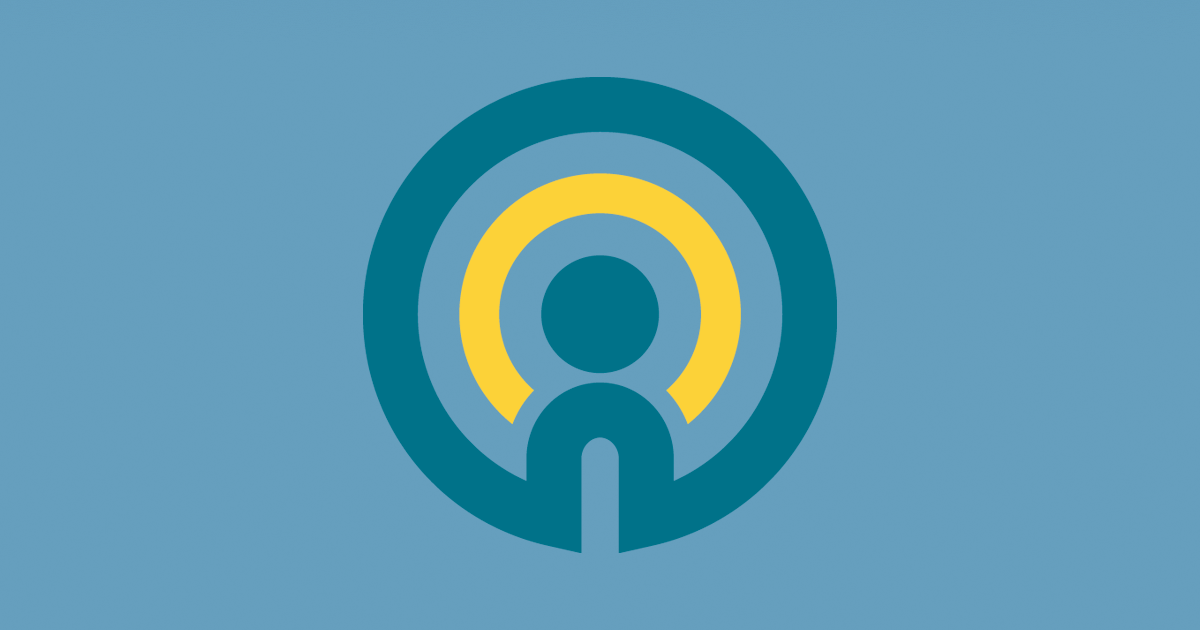
Explore new neighborhoods, rent before you buy, talk to friends, talk to potential neighborhoods and relocate your way to a happier life. If you don’t fit in, if you don’t know your neighbors, if walking outside doesn’t put a spring in your step - find a new place to live if you can afford it. The lesson is that where you live can have a profound effect on your happiness. Social opportunities: When a community is designed to foster social connections - restaurants, community spaces, sidewalks, trails and other public spaces - people are happier.Beauty: Living in a scenic, picturesque or charming community, with lots of trees and green space, makes people happier.Openness: People are happy when they live in a community that is welcoming to all.What factors make a community a place where people are happy? The Knight Foundation and Gallup interviewed 43,000 people in 26 communities to find out. “I think of expressive writing as a life course correction.” “The idea here is getting people to come to terms with who they are, where they want to go,” said James Pennebaker, a psychology professor at the University of Texas who has pioneered much of the research on expressive writing. Numerous studies show that writing and rewriting your story can move you out of your negative mindset and into a more positive view of life. Here’s what your situation looks like to a neutral observer. Focus on meeting new people and having fun. Everyone struggles in their first year in a new city.Money is a challenge but you can take steps to get yourself into financial shape.Now write a new story from the viewpoint of a neutral observer, or with the kind of encouragement you’d give a friend.I am having a hard time making friends in a new city. Write a brief story about your struggle.The process is similar to Socratic questioning (referenced above). By writing and then editing our own stories, we can change our perceptions of ourselves and identify obstacles that stand in the way of our personal well-being. But sometimes our inner voice doesn’t get it right. We all have a personal narrative that shapes our view of the world and ourselves. Or you can take the next step and focus on one particular challenge you face, and write and rewrite that story. Some research suggests that writing in a personal journal for 15 minutes a day can lead to a boost in overall happiness and well-being, in part because it allows us to express our emotions, be mindful of our circumstances and resolve inner conflicts. (We already know that expressive writing can improve mood disorders and help reduce symptoms among cancer patients, among other health benefits.) Writing about oneself and personal experiences - and then rewriting your story - can lead to behavioral changes and improve happiness. The bottom line: Negative thinking happens to all of us, but if we recognize it and challenge that thinking, we are taking a big step toward a happier life. “How might I view this situation if it happened to someone else?”.“How might other people view the situation differently?.“Could I be misinterpreting the situation?”.“Am I basing this on facts? Or feelings?”.Then ask yourself: “What is the evidence for this thought?”.

I can learn from it and be better.”) Here are some examples of questions you can ask yourself to challenge negative thinking.įirst, write down your negative thought, such as “I’m having problems at work and am questioning my abilities.” This is just one setback that doesn’t reflect on me. The goal is to get you from a negative mindset (“I’m a failure.”) to a more positive one (“I’ve had a lot of success in my career. Studies show that this method can reduce depression symptoms. Socratic questioning is the process of challenging and changing irrational thoughts. Now try to apply that advice to you.Ĭhallenge your negative thoughts. When you are feeling negative about yourself, ask yourself what advice would you give a friend who was down on herself. “I’m worrying about money.” “I’m obsessing about problems at work.” When you are in a negative cycle, acknowledge it.

Telling yourself “I have to stop thinking about this,” only makes you think about it more.

Here’s how:ĭon’t try to stop negative thoughts. It’s an evolutionary adaptation - over-learning from the dangerous or hurtful situations we encounter through life (bullying, trauma, betrayal) helps us avoid them in the future and react quickly in a crisis.īut that means you have to work a little harder to train your brain to conquer negative thoughts. All humans have a tendency to be a bit more like Eeyore than Tigger, to ruminate more on bad experiences than positive ones.


 0 kommentar(er)
0 kommentar(er)
